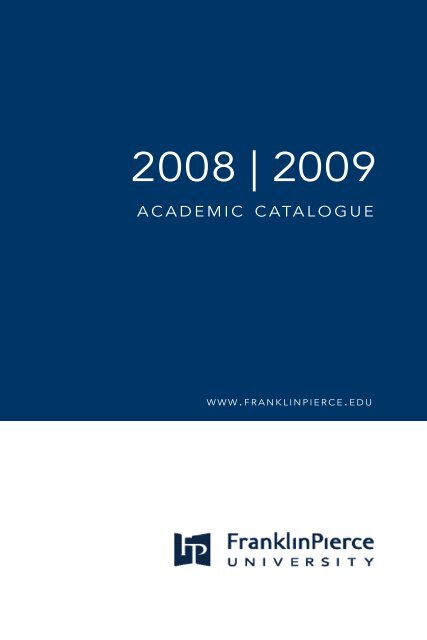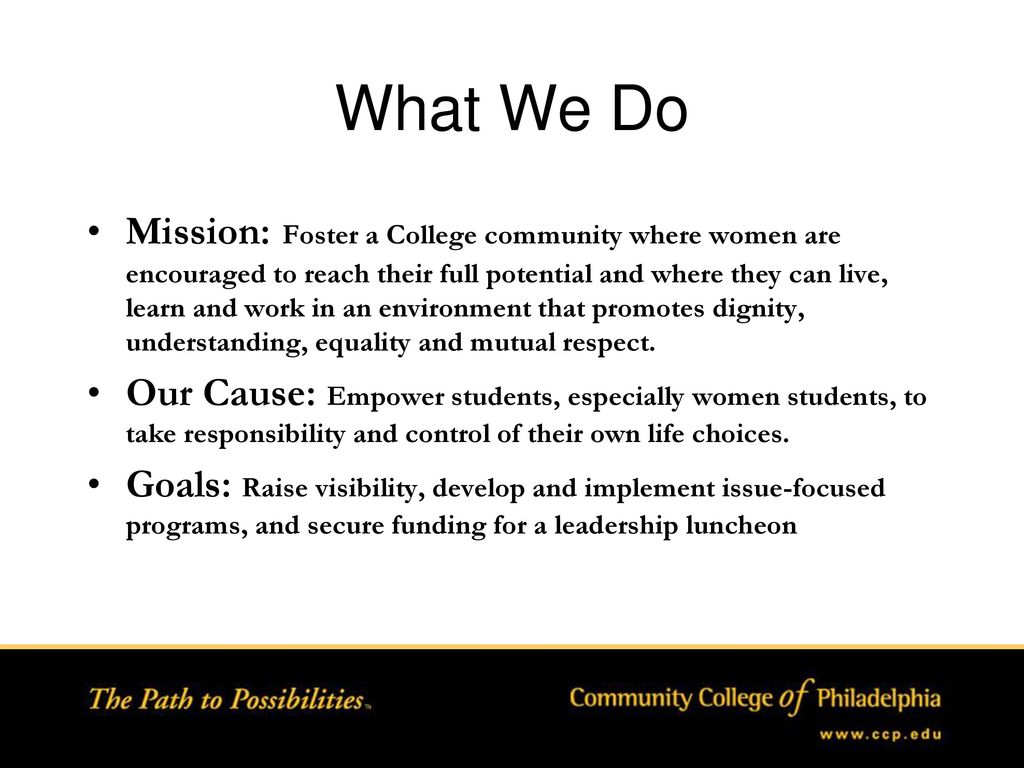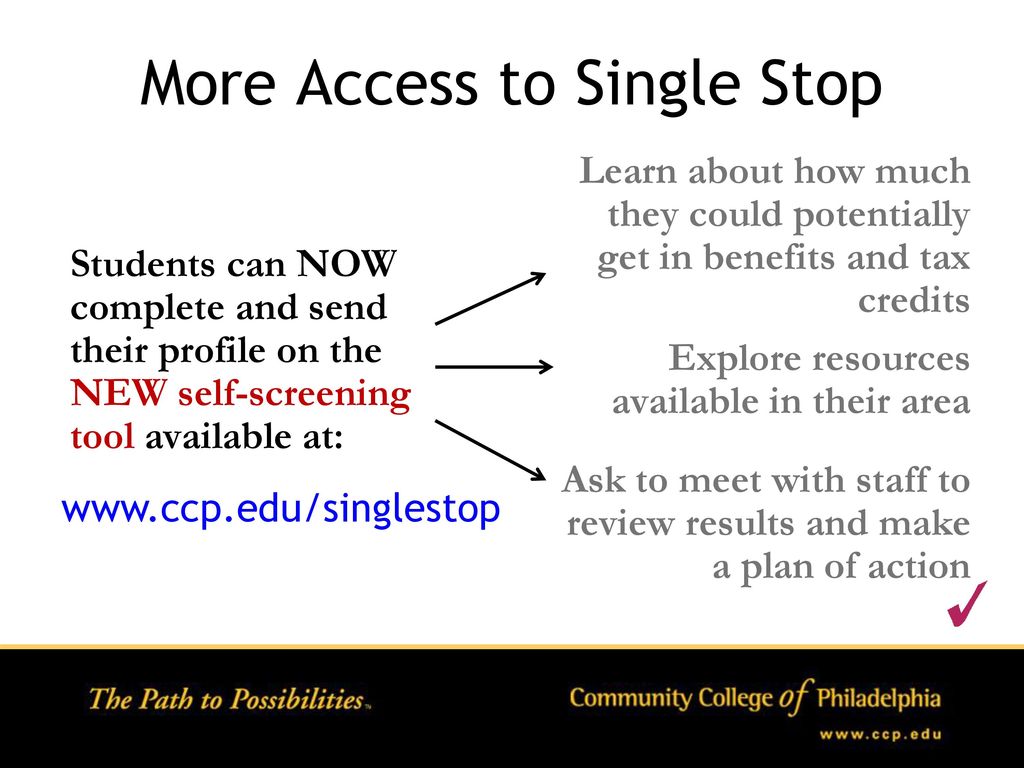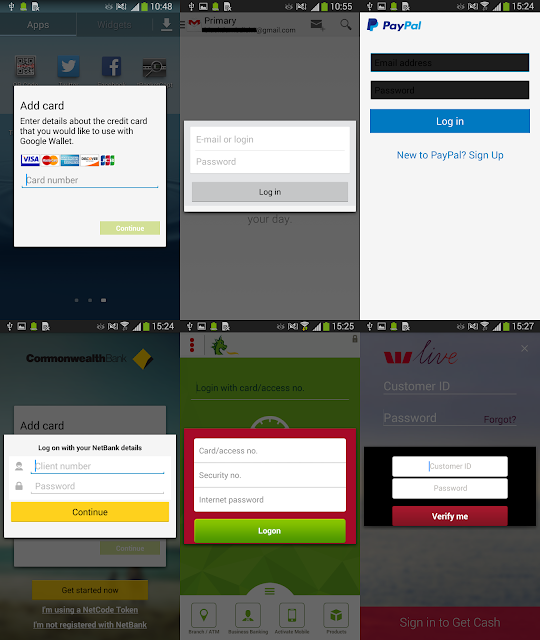At Dunwoody College of Technology, the Facilities Operations & Management program prepares graduates for a career in managing the complex, networked buildings and facilities that are part of the modern built environment.
- Credits Explore Programming App
- Credits Explore Programming Guide
- Credits Explore Programming Software
- Credits Explore Programming For Baofeng
- Credits Explore Programming Jobs
- Credits Explore Programming For Beginners
Graduates gain expertise in building systems and operations, stakeholder relationships and communications, preventative and predictive maintenance, and project management. This approach is designed so graduates are able to pursue a variety of career paths in the facility management industry, including: asset management; technologies that interconnect building safety and security for the well being of occupants; and management of energy and space. Every building is different and requires a unique set of skills to manage the property.
That isn't the right way to use print in Python 3, either. It's a function, and the entire list of arguments needs to be inside one set of parentheses. – Ry-♦ Sep 11 '16 at 21:18. Overview What is computer programming? Computer programming is the process of writing instructions that get executed by computers. The instructions, also known as code, are written in a programming language which the computer can understand and use to perform a task or solve a problem.
Dunwoody’s coursework focuses on a broad spectrum of topics in operations, property maintenance, electrical and mechanical systems, environmental health, and facilities management. Integrated throughout the curriculum is the concept of “Smart Buildings” — how to collect information from building systems, make decisions based on data, and best deploy resources. The Dunwoody campus is used as a living laboratory where students gain real experience in developing awareness and applying best practices to new, existing, and historic building systems and grounds. Environmental sustainability is woven throughout all of the classes so students apply sustainable concepts to all areas of the facility management industry.
Students learn to use a variety of software programs, including: computerized maintenance management systems (CMMS); REVIT and Visio for computer-aided design; Integrated Workforce Management Systems (IWMS); and building monitoring systems, which provide intelligent data for implementing sustainable solutions. In their first semester, students earn their EPA Section 608 certification and are prepared to sit for the Minnesota Special Engineers license (boiler exam) and in their second semester their OSHA30 General Industry card.

Students are also prepared in further semesters to pursue additional certifications such as the Association for Facilities Engineering’s Certified Professional Maintenance Manager (CPMM), the International Facility Management Association’s Facility Management Professional (FMP) certification, Professional Facility Management Institute’s ProFM credential, or Building Owners & Managers Institute (BOMI) International’s Facilities Management Administrator (FMA) designation.
Dunwoody’s program has been designed consistent with the International Facilities Management Association’s (IFMA) Facilities Management Accreditation Commission (FMAC) associate degree program standards and is planning to seek program accreditation.
Length of Program: 2 years (4 semesters)
Classes Offered: Evening; Distance Learning
Available Starts: Fall Semester; Spring Semester
Accreditation: Seeking Program Accreditation from the Facilities Management Accreditation Commission
Bachelor's Completion Option(s):Construction Management (CMGT), Bachelor of Science | Business Management Leadership (AMGT), Bachelor of Science
- Demonstrate the ability to triage (assess, isolate, stabilize, evaluate, and escalate) a wide variety of interconnected mechanical, electrical, and plumbing systems.
- Demonstrate time management strategies to prioritize the immediate needs of the facility.
- Demonstrate safe and proper use of tools, personal protection equipment, and on-the-job safety relating to each system.
- Demonstrate essential skills needed for preventive maintenance, repair, or installation.
- Interface with building management software.
- Demonstrate the concepts of leadership, customer service, planning, and project management.
- Understand Facilities Management history, practice, sectors and profession in a societal and global context.
| Code | Title | Credits |
|---|---|---|
| General Requirements | ||
| COMM1030 | Project Communication | 3 |
| COMM1150 | Interpersonal Communication | 3 |
| HUMN3600 | Critical Thinking & Creativity | 3 |
| MATH1000 | Algebra & Trigonometry | 3 |
| PHIL2400 | Introduction to Ethics | 2 |
| SBSC2000 | Religion & Conflict | 3 |
| Social Sciences | 3 | |
| Natural Science w/Lab | 3 | |
| Technical Requirements | ||
| CSBT1000 | AEC Seminar | 1 |
| ARCH1104 | Building Systems | 3 |
| FMGT1000 | Introduction to Facilities | 2 |
| FMGT1300 | Occupational Safety & Health | 2 |
| CSBT1002 | Construction Drafting | 3 |
| or FMGT1400 | Facility Programming & Design | |
| FMGT1700 | Special Engineer License Prep & EPA 608 | 1 |
| or FMGT1701 & FMGT1702 | Special Engineer License Prep and EPA 608 Technician Certification | |
| ARCH1204 | Structure & Envelope | 3 |
| or CMGT1131 | Construction Plans & Measurements | |
| FMGT1100 | Building Operations | 3 |
| CSBT2110 | Building Codes | 3 |
| or ARCH2104 | Building Service Systems | |
| FMGT2100 | Property Maintenance & Management | 3 |
| FMGT2110 | Introduction to Energy Management | 3 |
| ARCH2204 | Building Envelope & Environment | 3 |
| or FMGT2250 | Sports & Venue Facility Management | |
| FMGT2210 | Smart Buildings I | 3 |
| FMGT2200 | Facility Operations/Management Capstone | 3 |
| Technical Elective (Choose one course): | 1 | |
| Second Class Engineer License Prep | ||
or FMGT2011 | Facility Operations & Management Topics | |
| International AEC Fields & Practices | ||
| Total Credits | 60 | |
The following sample academic plan demonstrates how a student's schedule might look on a semester-by-semester basis, including elective courses. Your actual degree plan may differ from this sequence, depending on whether you start in the fall or spring semester, what transfer credits you may have (if any), and which Arts & Sciences courses and electives you take and when you take them.
The sample academic plan is for informational purposes only. To determine your academic plan, please meet with an academic advisor.


| First Year | ||
|---|---|---|
| Fall | Credits | |
| CSBT1000 | AEC Seminar | 1 |
| ARCH1104 | Building Systems | 3 |
| FMGT1000 | Introduction to Facilities | 2 |
| FMGT1300 | Occupational Safety & Health | 2 |
| CSBT1002 | Construction Drafting | 3 |
| FMGT1700 | Special Engineer License Prep & EPA 608 or Special Engineer License Prep and EPA 608 Technician Certification | 1 |
| COMM1150 | Interpersonal Communication | 3 |
| Credits | 15 | |
| Total Credits | 15 | |
Credits Explore Programming App
| First Year | ||
|---|---|---|
| Spring | Credits | |
| ARCH1204 | Structure & Envelope | 3 |
| FMGT1100 | Building Operations | 3 |
| CMGT1131 | Construction Plans & Measurements | 3 |
| MATH1050 | Algebra, Trigonometry & Geometry | 3 |
| HUMN3600 | Critical Thinking & Creativity | 3 |
| Credits | 15 | |
| Total Credits | 15 | |
| Second Year | ||
|---|---|---|
| Fall | Credits | |
| CSBT2110 | Building Codes | 3 |
| FMGT2100 | Property Maintenance & Management | 3 |
| FMGT2110 | Introduction to Energy Management | 3 |
| COMM1030 | Project Communication | 3 |
| General Electives | 3 | |
| Credits | 15 | |
| Total Credits | 15 | |
Credits Explore Programming Guide
| Second Year | ||
|---|---|---|
| Spring | Credits | |
| CMGT2211 | Integrated Environmental Systems | 3 |
| FMGT2210 | Smart Buildings I | 3 |
| FMGT2200 | Facility Operations/Management Capstone | 3 |
| FMGT2010 | Second Class Engineer License Prep or Facility Operations & Management Topics or International AEC Fields & Practices | 1 |
| Natural Sciences with Lab | 3 | |
| Social Sciences | 3 | |
| Credits | 16 | |
| Total Credits | 16 | |
Descriptions
CSBT1000 | AEC Seminar | Seminar (1 Credit)
Introduction to the academic and classroom culture. Develop a proficiency in communication skills including research, oral presentation, writing, and collaboration.
ARCH1104 | Building Systems | Lecture (3 Credits)
Examine primary building systems and their associative materials and assemblies. With a focus on current building systems, analyze existing buildings through photography, physical tours, and diagrammatic drawing to achieve a broad knowledge of primary structural systems.
FMGT1000 | Introduction to Facilities | Lecture (2 Credits)
Aspects of the facilities management industry are presented using interviews with practicing professionals, site tours, textbook studies and exploratory reflections to illustrate the many opportunities available as a professional.
FMGT1300 | Occupational Safety & Health | Lecture (2 Credits)
Examine the principles of facility safety and identify health hazards based on the Occupational Safety and Health Administration (OSHA) 1910 General Industry Standards and MNOSHA Laws and Rules. Emphasis is on hazard identification, avoidance, and control and prevention to develop strategies to prevent injuries to workers, occupants, and guests. Students successfully completing 30 hours of designated training topics receive an OSHA 30 General Industry card.
FMGT1400 | Facility Programming & Design | Lec/Lab (3 Credits)
Techniques for analyzing design program requirements and optimizing space. Develop plans that satisfy programmatic needs and use space efficiently. Examine building codes, fire safety, and barrier-free designs as essential components of laying out a workable interior space. Practice basic drafting techniques on current industry software.
FMGT1700 | Special Engineer License Prep & EPA 608 | Seminar (1 Credit)
Prepare to pass the Minnesota Special Engineer's license exam. Introduction to high and low pressure boilers used in steam and hot water heating, high-pressure, high temperature hot water boilers used in heating or process installations, and small mechanical-drive steam turbines. Topics: boiler functions, operations, safety, controls, hot water systems, steam systems, and the identification of boiler fittings. MN Statute 326B.972 requires an individual operating a boiler, steam engine, or steam turbine to hold a license for the grade covering that boiler, steam engine, or steam turbine. Also, preparation for the EPA’s Section 608 Technician Certification allowing technicians to work with and handle refrigerants in common air conditioners and HVAC units. The EPA 608 Technician Certification is required by Section 608 of the Federal Clean Air Act for anyone who maintains, services, repairs, or disposes of equipment which could release ozone depleting refrigerants into the atmosphere.
ARCH1204 | Structure & Envelope | Lecture (3 Credits)
Introduction to aspects of building assemblies relative to their energy performance, moisture control, durability, and resource efficiency. Research multiple existing buildings through various means to achieve a broad knowledge of varying strategies for the building structure and envelope.
FMGT1100 | Building Operations | Lec/Lab (3 Credits)


Represent the organization’s brand experience by providing various services for occupants. Interconnected systems and processes such as shipping and receiving, key management, property grounds, storage strategies, safety, housekeeping standards of care, food service, and waste management are paramount to meet the expectations of guests, tenants, owners, and users.
FMGT1200 | MEP Systems: Electrical | Lec/Lab (3 Credits)
Explore mechanical and electrical theories for a foundational understanding of how these systems interact within a building. Laboratory exercises emphasize troubleshooting processes for electrical circuits and HVAC systems. Determine how a facilities team can safely maintain and monitor a building’s electrical and HVAC systems.
ARCH2104 | Building Service Systems | Lecture (3 Credits)
Introduction to the principles of embodied energy, active and passive heating and cooling, indoor air quality, solar orientation, day lighting, artificial lighting and acoustics. Research multiple existing buildings through various means to achieve a broad knowledge of varying environmental systems.
FMGT2100 | Property Maintenance & Management | Lec/Lab (3 Credits)
Best practices for efficient and effective triage of maintenance and other occupant requests through work orders. Planning for prescriptive and predictive maintenance of systems. Sustainable solutions and asset management. Laboratory exercises emphasize using and managing related tools and resources for various assets and systems.
FMGT2110 | Introduction to Energy Management | Lec/Lab (3 Credits)
Explore principles of energy management in commercial and institutional applications. Analyze theories for a foundational understanding of energy use in facilities. Learn the role of energy measurement in various types of buildings and the key characteristics that enable effective energy efficiency. Laboratory experiments and exercises emphasize triage processes and best practices for energy management systems.
Prerequisite(s):FMGT1200 Or CMGT1131
ARCH2204 | Building Envelope & Environment | Lecture (3 Credits)
Introduction to the basic principles and appropriate application and performance of building service systems such as plumbing, electrical, conveying systems, security, and fire protection systems. Research multiple existing buildings through various means to achieve a broad knowledge of varying building service systems.
FMGT2210 | Smart Buildings I | Lec/Lab (3 Credits)
Explore how we advance the productivity and safety of occupants while improving the operational efficiency of buildings through intelligent, integrated green building technologies. Introduction to a number of systems associated with building automation, energy management, and connectivity to global systems. Laboratory exercises focus on building management systems and interconnected components. Emphasis is on sustainable outcomes by decreasing the carbon footprint of a building.
Prerequisite(s):FMGT1200 And FMGT2110
FMGT2250 | Sports & Venue Facility Management | Lecture (3 Credits)
Examine the principles and practices associated with managing a public assembly venue, such as a stadium, arena, theater or convention center. Characterize the nature of the venue business and its operations. Explore roles and responsibilities of a facility manager in this unique sector.
FMGT2200 | Facility Operations/Management Capstone | Capstone (3 Credits)
Apply facilities management theories, topics, and applications to a final project. Work consists of a project proposal, development of coordinating documents, and final presentation.
Prerequisite(s):COMM1030
FMGT2010 | Second Class Engineer License Prep | Seminar (1 Credit)
Prepare to pass the Minnesota Second Class Engineer license exam. Review of low pressure boilers used in steam and hot water heating. Topics include MN license requirements, inspections, documentation, boiler functions, operations, safety, controls, feedwater systems, and the identification of boiler fittings. MN Statute 326B.972 requires an individual operating a boiler, steam engine, or steam turbine to hold a license for the grade covering that boiler, steam engine, or steam turbine. Students must have 1 year of licensed experience to sit for the exam.
FMGT2011 | Facility Operations & Management Topics | Seminar (1 Credit)
Presentation and examination of topics in facilities operations and management selected to develop a deeper awareness of current trends, issues, and emerging technologies. Supplemented by readings, discussions and papers.
CMGT1901 | International AEC Fields & Practices | Travel Study (1 Credit)
Introduction to the international aspects of architecture, engineering, and construction industries. Emphasis on inter-cultural communication, cultural intelligence, and globalization of technology. Traditional classroom sessions (held before travel) include lectures, seminar discussions, case studies, participatory activities, and guest speaker presentations. Coursework during travel is primarily experiential based and includes fieldwork, group projects and community based service-learning. Travel expenses are incurred by the student.
COMM1150 | Interpersonal Communication | Lecture (3 Credits)
Analyze the process of interpersonal communication as a dynamic and complex system of interactions. Integrate interpersonal communication theory into work, family and social relationships. Apply fundamental tools needed to provide quality customer service. Decision making, problem solving, and managing customer service processes are emphasized.
General Education: Communications
HUMN3600 | Critical Thinking & Creativity | Lecture (3 Credits)
Identify the effect that critical thinking has on human creativity and how creative activity impacts human progress through reading/reflection and hands on activities. Explore various means to develop critical thinking skills and apply that to creative activities.
General Education: Upper Humanities
MATH1000 | Algebra & Trigonometry | Lecture (3 Credits)
Real numbers and polynomials, exponents and radicals, fractional equations; proportions and linear equations; trigonometric functions, solutions of triangles, radians, trig functions graphs, vectors, and basic identities.
General Education: Mathematics
Credits Explore Programming Software
PHIL2400 | Introduction to Ethics | Lecture (2 Credits)
The development of ethical standards as related to the individual, government, business, and society. Current legislation is examined from the perspective of its moral and ethical roots with considerations and standards influencing personal and business decisions.
Credits Explore Programming For Baofeng
General Education: Humanities
Credits Explore Programming Jobs
SBSC2000 | Religion & Conflict | Lecture (3 Credits)
Introduction to the questions that religion tries to answer and how the major world religions of Hinduism, Buddhism, Judaism, Christianity, and Islam attempt to answer those questions. Analyze the validity of the theory that religion is a major cause of conflict and suffering in the world today compared to other belief systems. Examine how different religions come into conflict with societal norms, expectations, laws, and structures. Summarize religion's unique contributions to society.
Credits Explore Programming For Beginners
General Education: Social Sciences
